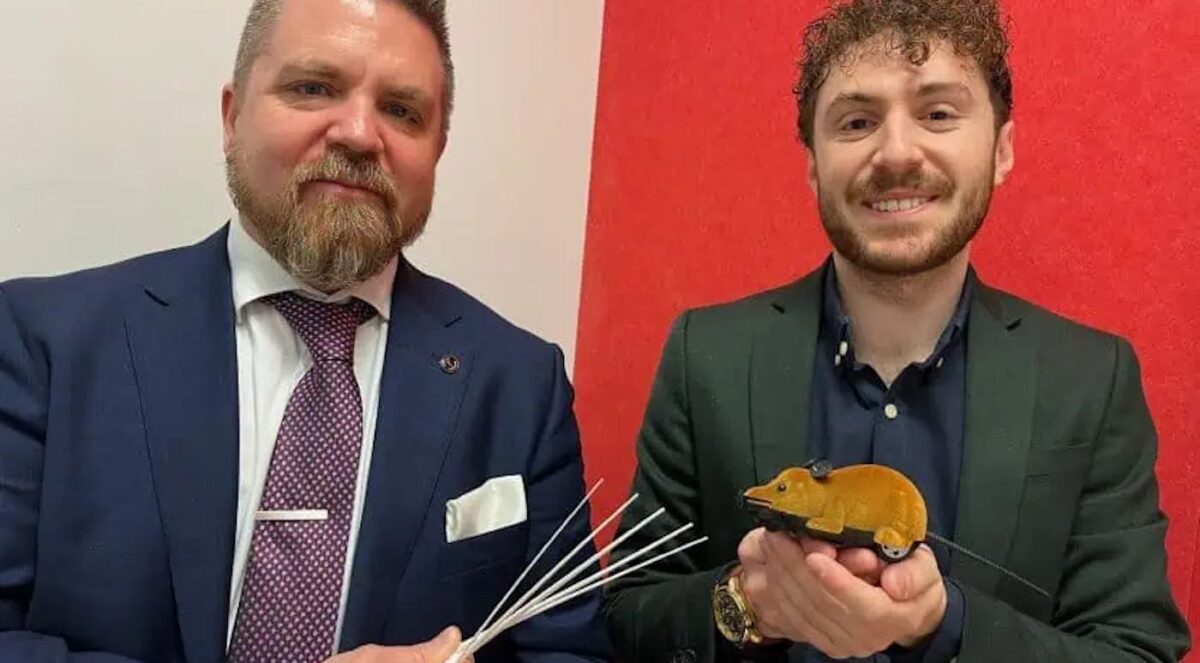Engineers in Australia have developed an innovative and cost-effective solution to enhance the navigation abilities of autonomous robots: 3D-printed whiskers. Inspired by mammals such as cats, mice, seals, and dugongs, these whiskers are designed to provide robots with detailed environmental information, particularly in blind spots or when determining the weight, shape, and type of objects in their path. This innovation could potentially prevent costly collisions.
The co-inventor of these 3D-printed whiskers, Dr. Russell Brinkworth, Associate Professor in Autonomous Systems at Flinders University, envisions these whiskers functioning much like our fingertips. “These 3D printed sensor whiskers could be fitted at low cost and give robots many useful additional capacities,” he mentioned to Cosmos Magazine.
Simon Pegoli, a Ph.D. candidate at Flinders University and lead author on a paper published in Sensors and Actuators A: Physical, believes that every space is distinct, therefore equipping robots with efficient tactile sensor systems for task mapping and movement ‘visualization’ within their range will enhance their capabilities.
Utilizing mechanical beam theory, the duo has fine-tuned the whisker shape and attachment mechanism to maintain low costs while maximizing utility. These long and flexible whiskers could offer invaluable assistance to robots operating in crowded spaces like warehouse receiving or shipping stations by allowing them to determine the weight and hardness of objects they encounter, possibly avoiding a collision altogether.
The field of robotics is continuously evolving and diversifying, often drawing inspiration from animals and their adaptations for innovative engineering and problem-solving solutions. Past robots reported by GNN include a pangolin-inspired rolling robot for delivering medical supplies, a spiraling off-world rover inspired by snakes, and pollinating fairy robots inspired by wind-blown seeds from plants like dandelions.
SHARE This Great Idea To Improve Robots With Your Friends…
Source: Good News Network




Leave a Comment